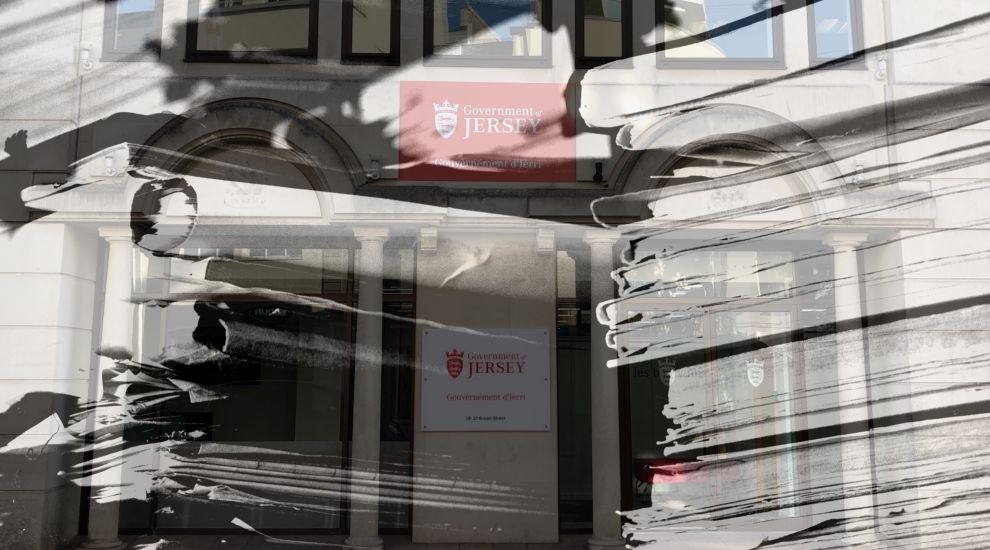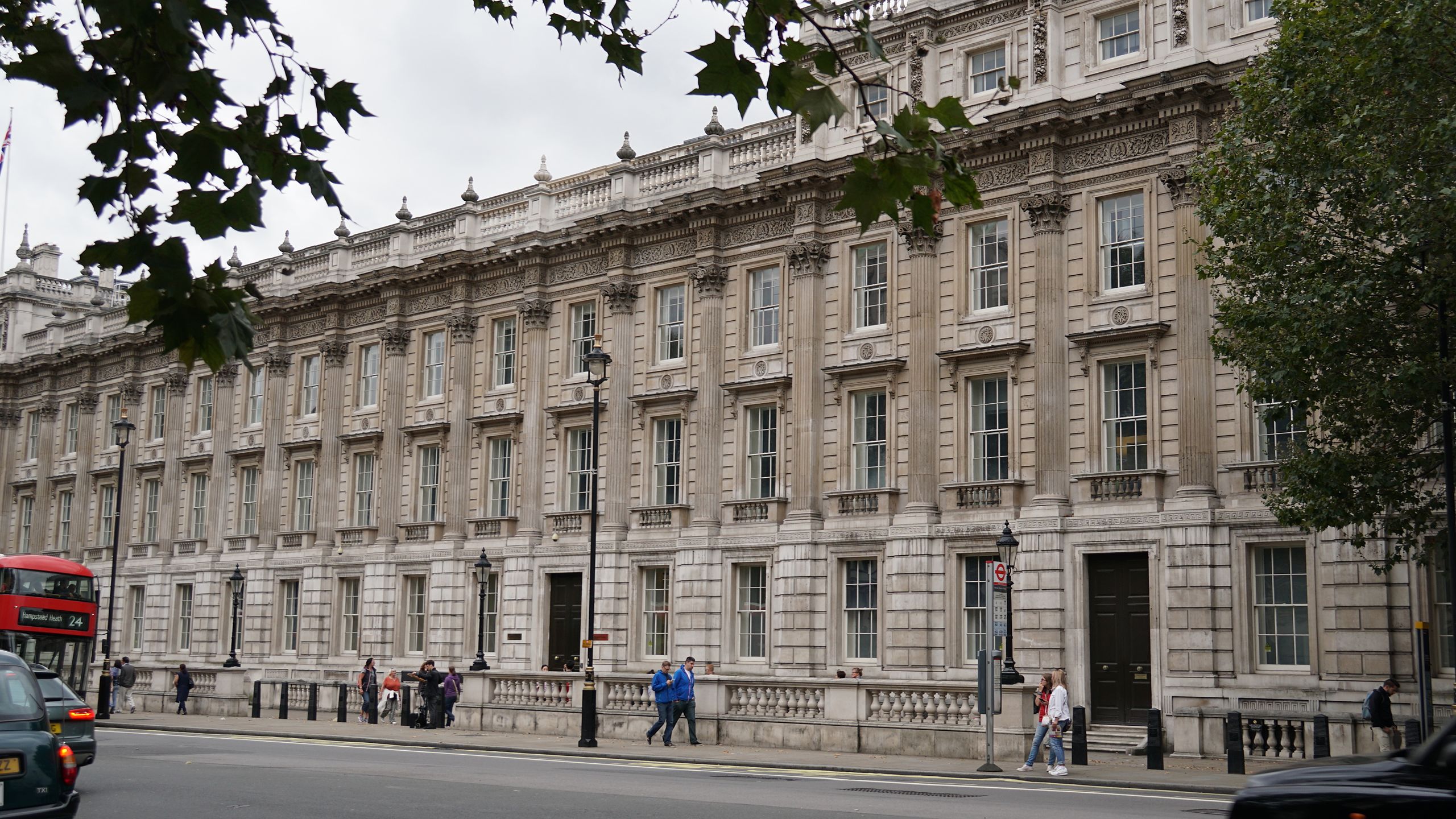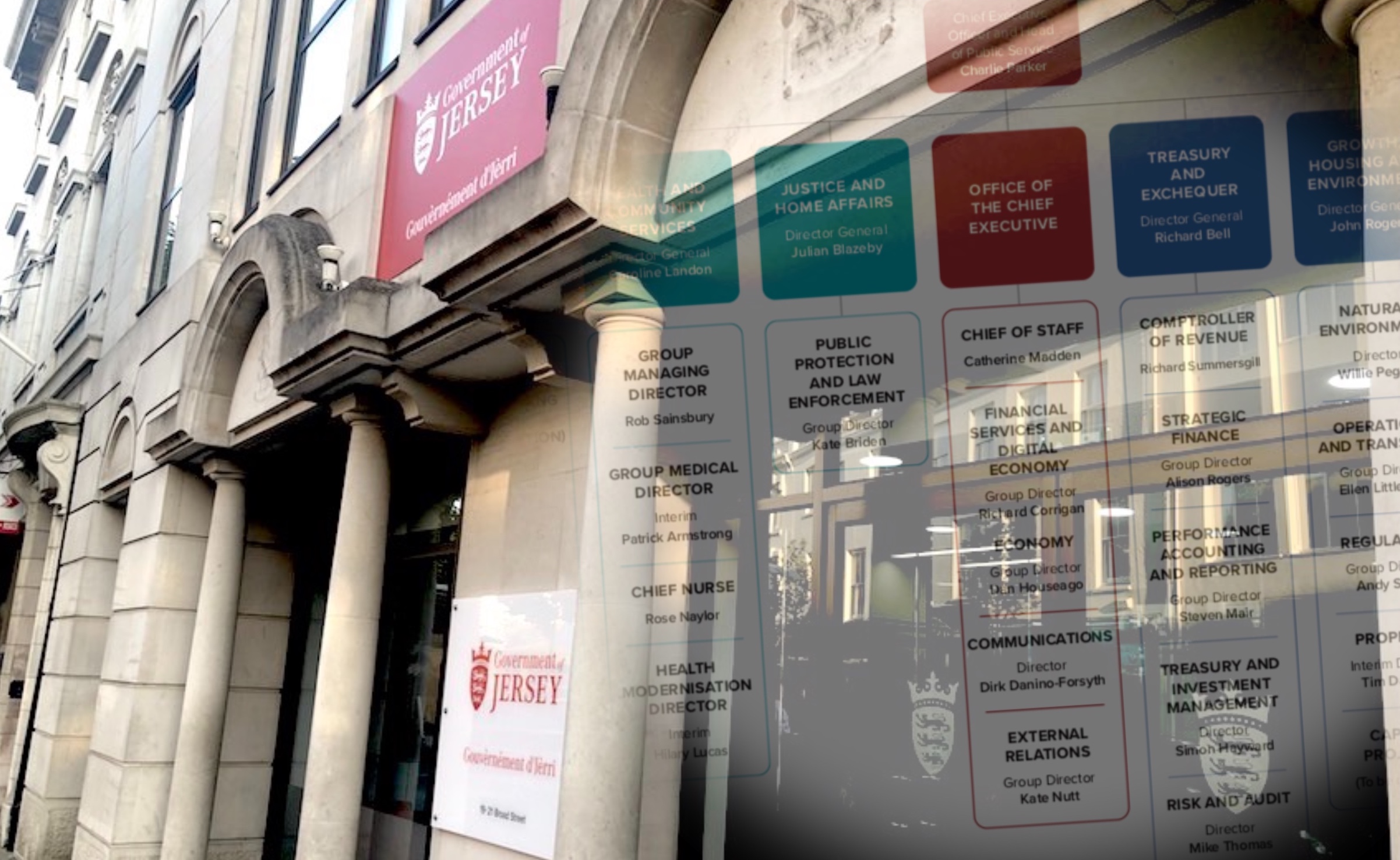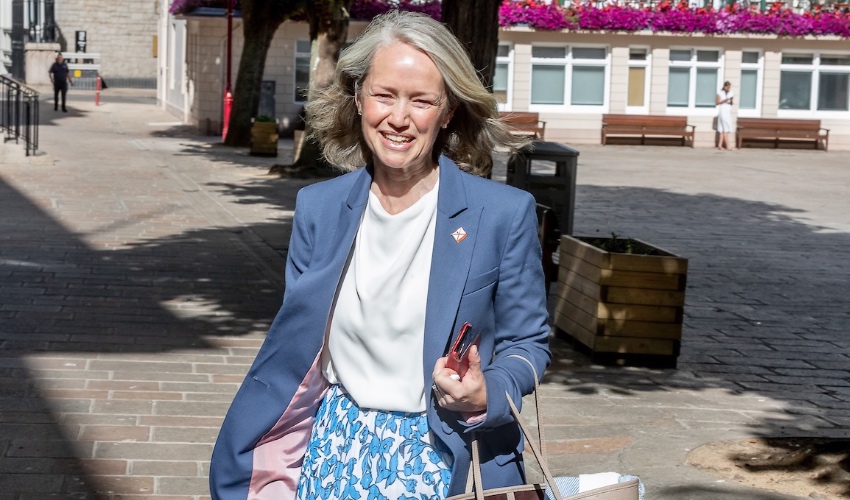


In her first 100 days in office, the new Chief Minister has pledged to create a Cabinet Office to "coordinate the work of government and strengthen collective decision making"... But what does this actually mean?
Express takes a closer look at the idea...
The origin of the term 'Cabinet' is thought to have come from either a French word (cabine) or an Italian word (cabinetto), both meaning "small private room."
Historically, when a monarch or government leader wanted to have a private meeting of top advisers, they would all move from a large public room to a smaller room in order to achieve some form of privacy and limit interruptions so that important decisions could be made.
The governments of many countries have a 'Cabinet' of some sort, consisting of top Ministers, Secretaries, or advisers who have differing roles of influence in advising the country's leader.
The Cabinet Office consists of civil servants who support this Cabinet and ensure government runs effectively.
In the UK, the Cabinet Office is a department of the Government of the United Kingdom responsible for supporting the Prime Minister and the Cabinet Members. It is composed of various units that support Cabinet committees and which co-ordinate the delivery of government objectives via other departments.
It is also the corporate headquarters for government, in partnership with HM Treasury, and takes the lead in certain critical policy areas.

Pictured: The UK Government's Cabinet Office. (Miguel Descart/Wiki)
Gov.uk describes the Cabinet Office as "the government’s corporate centre, coordinating policy and promoting efficiency and reform".
It explains that the purpose of the Cabinet Office is "to make government greater than the sum of its parts by providing challenge, support and expertise".
The website also outlines three main strategic objectives, for the Cabinet Office in the UK:
to maintain the integrity of the Union, coordinate the security of the realm and sustain a flourishing democracy;
to support the design and implementation of HM Government’s policies and the Prime Minister’s priorities; and
to ensure the delivery of the finest public services by attracting and developing the best public servants and improving the efficiency of government
In 2021, Ministers past and present came together to assess how well Jersey is being run.
Senator Tracey Vallois led the review, working alongside the then-Senators Ian Gorst and Sam Mézec, Deputy Kirsten Morel, then-States Employment Board Vice Chair Constable Richard Buchanan and Constable John Le Bailly.
It found that, particularly following the 'OneGov' reforms under previous CEO Charlie Parker, there was "an imbalance of power between the Chief Executive/Civil Service" and politicians, leading to a "lack of political accountability for decisions." It also noted that some departments were no longer accountable to a single Minister.

Pictured: The review examined the effects of the 'OneGov' restructuring of Government.
To address this, the panel suggested creating a Cabinet Office by merging the Ministerial Support Unit and the Strategic Policy, Planning and Performance Department.
The review said: "The prime purpose of the Cabinet Office would be to support the Chief Minister and ensure the effective running of government, similar to the Cabinet Office in the UK which has the following responsibilities:
The creation of a Cabinet Office, the review suggested, could also have implications for the CEO: "Consideration should be given to the role of the Chief Executive and whether there are too many powers invested in only one individual. If a Cabinet Office is established, the Head of the Cabinet Office could be responsible for providing advice to the Council of Ministers, and the Chief Executive to account to them for delivery policy initiatives."
The panel also noted that, if a Cabinet Office is introduced in Jersey, Assistant Ministers could become 'Cabinet Office Ministers' with a specific remit, role and responsibility.
"Whether Assistant Ministers remain, or they become 'Cabinet Office Ministers' in the development of a Cabinet Office, a list of their roles and responsibilities should be kept up to date and published as a matter of course," the review said.
The new Chief Minister suggests that the current Strategic Policy, Planning and Performance department should be "repurposed and rebranded" into a Cabinet Office.
She outlines plans for the newly-formed Cabinet Office to help the Council of Ministers in delivering a report at the end of the year which outlines that key issues and legislation that they have addressed.
She suggests that the formation of a Cabinet Office in Jersey would help "coordinate the work of the minister and strengthen decision-making and break down silos".
Deputy Moore reassures islanders that this will not involve hiring additional civil servants as "there is already a distinct resource in place."

Pictured: The new Chief Minister, Kristina Moore, hopes that a Cabinet Office would "restore lines of accountability in government departments".
In her Vision Statement, she also presented plans to appoint an Assistant Chief Minister who will have responsibility for the new Cabinet Office and "drive reform and efficiency in government".
When questioned about her plans to establish a Cabinet Office, Kristina Moore said: "I certainly hope that the Cabinet Office will be one of the things that sets a new tone because politicians need to be in a position where they are giving the direction. I feel that the Cabinet Office will be the first step on our way to doing that.
"It will encompass the policy-driving parts of Government which is so essential. We could perhaps, for want of a better phrase, take back control and I really look forward to seeing that happen."
She added: "In terms of engagement, that will also come under that department and I look forward to - and I know that the media are also looking forward to - Ministers who answer their phones and will be able and competent to give their own sound bites and comments without requiring a spokesperson on all occasions."
Are personalities dominating in politics? Is the States Employment Board dysfunctional? Do we need a Cabinet Office? Was the change to Ministerial Government the right thing? And does the CEO have too much power?
For the Politics Disassembled podcast, Express previously spoke to Senator Tracey Vallois about her in-depth review alongside Ministers past and present picking apart the bad bits of Government - and suggesting how to fix them.
Subscribe to Bailiwick Podcasts on Spotify, Apple Podcasts, Deezer or Whooshkaa.
Comments
Comments on this story express the views of the commentator only, not Bailiwick Publishing. We are unable to guarantee the accuracy of any of those comments.